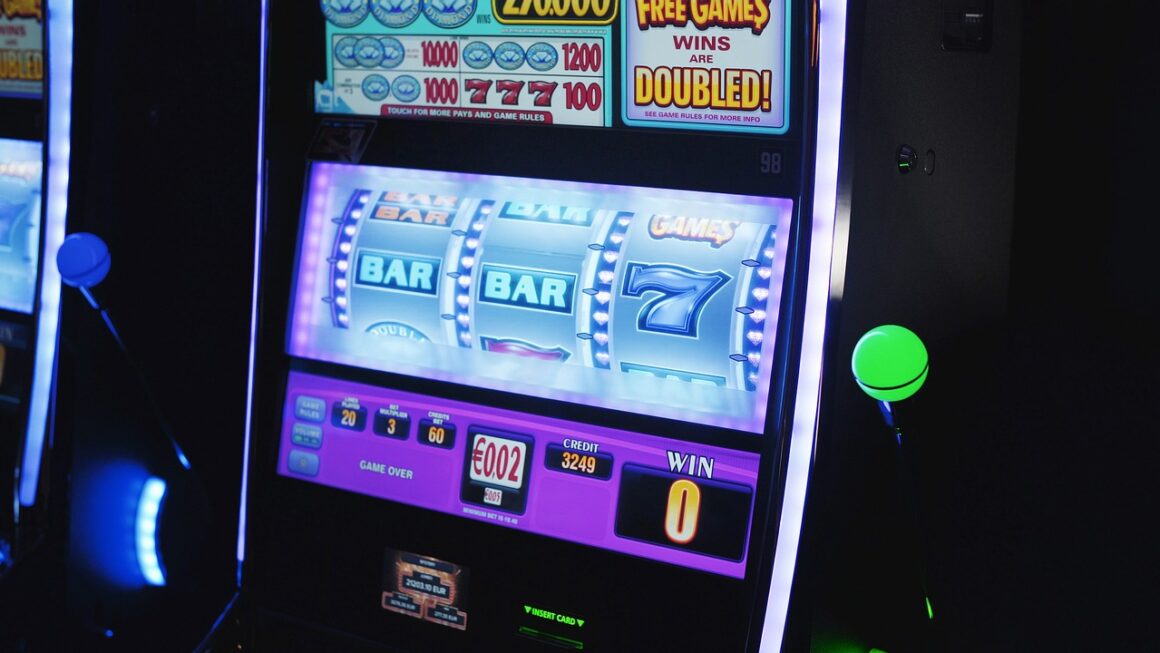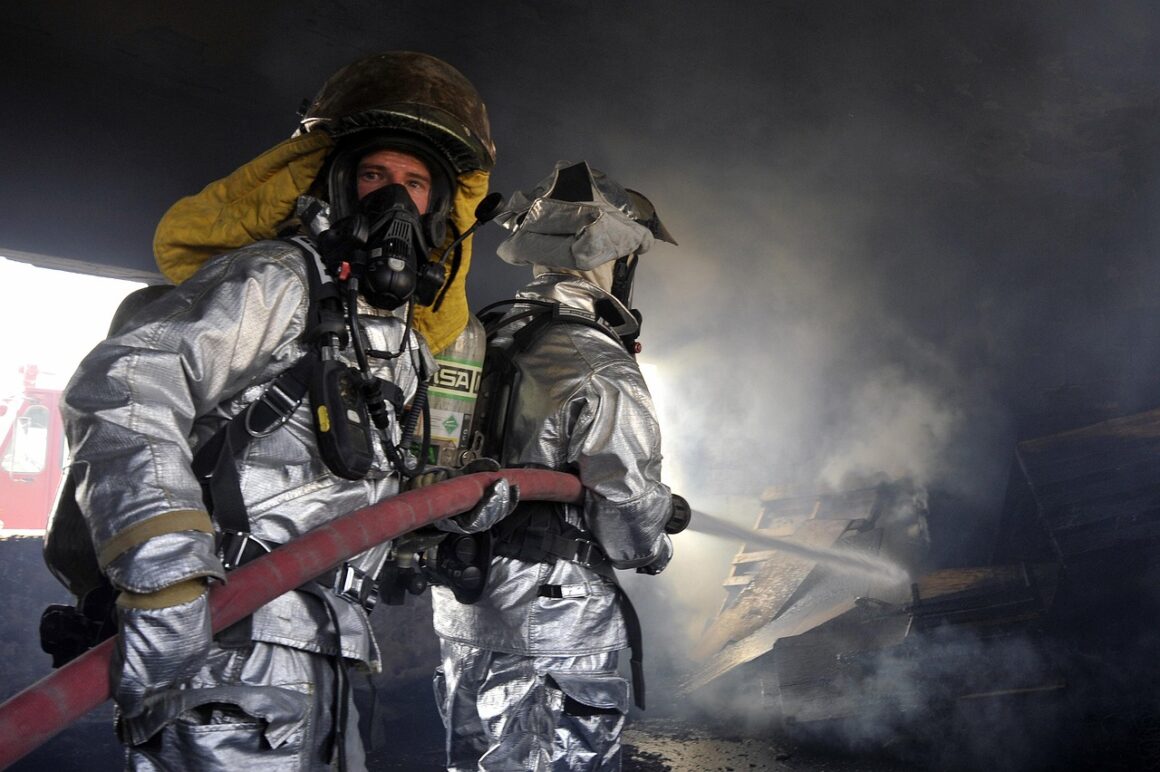 Did you know that every year, over 6 million children miss at least one month of school, putting them significantly at risk of falling behind and not graduating from high school?
Did you know that every year, over 6 million children miss at least one month of school, putting them significantly at risk of falling behind and not graduating from high school?
One thing I learned during the past few months of the Presidential election season is that we need a more educated America, one where each and every American graduates from high school. Hence, The U.S. Department of Education, Johns Hopkins University, and the White House developed the My Brother’s Keeper (MBK) Success Mentors Initiative to help solve the problem of chronic absenteeism. MBK was created to specifically support the nation’s highest-risk students, those that are chronically absent, by connecting them with trained adult mentors who have the tools to help connect to students and keep them on a path to persisting in school. The specific focus of MBK on absenteeism stems from the learning that absenteeism is a key cause of poor school performance and dropping out. This issue is most acute in high-needs communities, where it is not unusual for one in four students to miss a month or more of school a year.
MBK’s objective is to provide mentors to 250,000+ students over the next two years and ensure that they have they support need to stay in school and achieve their dreams. For many students they simply do not have a support network, they do not have someone to be their champion and encourage them on their path to educational success. And so, a mentor is the connector they need to walk with them one step at a time toward graduation. A 2015 report from America’s Promise Alliance shows that “drop-out rates in our highest-needs communities are often fueled by students experiencing “relationship poverty,”” not having a relationship with someone who supports and encourages them. The research shows that having a caring adult by their side is a major counterforce to dropping out. The research further revealed “having a caring adult in school had the largest impact of all, resulting in reduced student drop outs by 25%. Hence, the MBK model seeks mentors that are in schools already, i.e., “coaches, administrative staff, teachers, security guards, AmeriCorps volunteers, tutors, after-school providers, faith-based leaders, peers and college students”. These MBK “Success Mentors” are trained to promote student attendance every day, helping students to connect to, and stay engaged in, school.
MBK is modeled after the New York City’s (NYC) Success Mentor initiative whose model resulted in a vast reduction in chronic absenteeism “across all age
cohorts from grades K-12:
- 18% decline in absenteeism for students in poverty
- 31% decline for students in temporary housing.
- High school students with mentors were 53% more likely to remain in school the following year, compared to students without mentors.”
Mentor.gov further shares that “students who meet regularly with their mentors are 52% less likely than their peers to skip a day of school.” At the same time students who meet regularly with their mentors are “46% less likely than their peers to start using illegal drugs and 27% less likely to start drinking.” As well, “mentoring reduces depressive symptoms and increases social acceptance, academic attitudes and grades.
And so, as President Obama tweeted last week “It doesn’t take a lot to transform the lives of young men —@POTUS on importance of mentorship.” Together, we as a society can make the difference, we can be the change that lifts up our nation’s children, educates them, and nurtures their spirit. Here’s how you can make a difference as a mentor:
Go to: mentor.gov
For more on the author see: CeceJane.com




